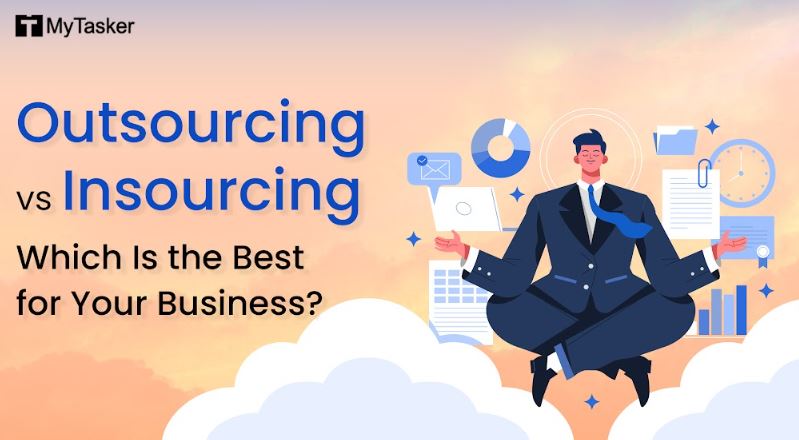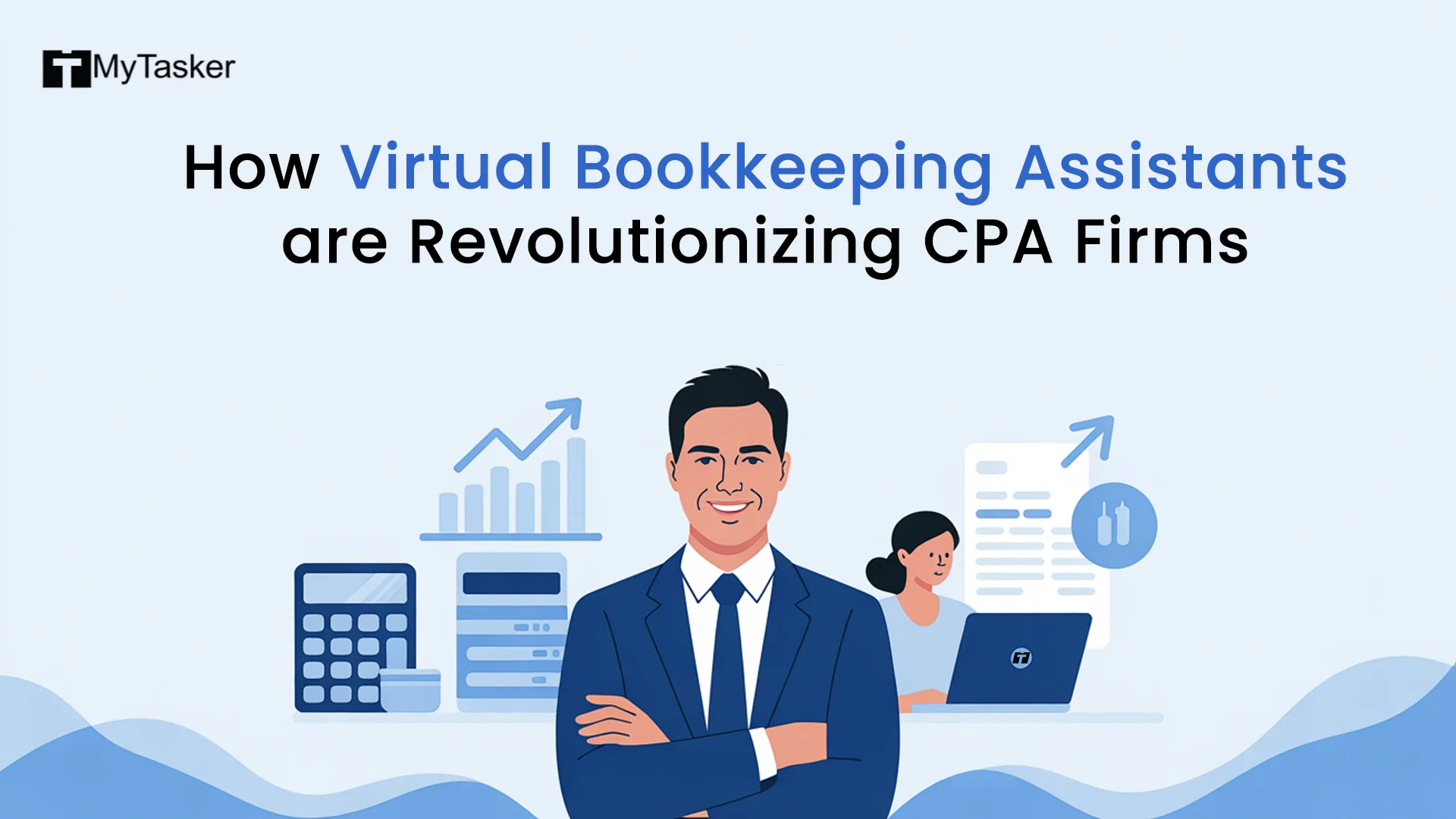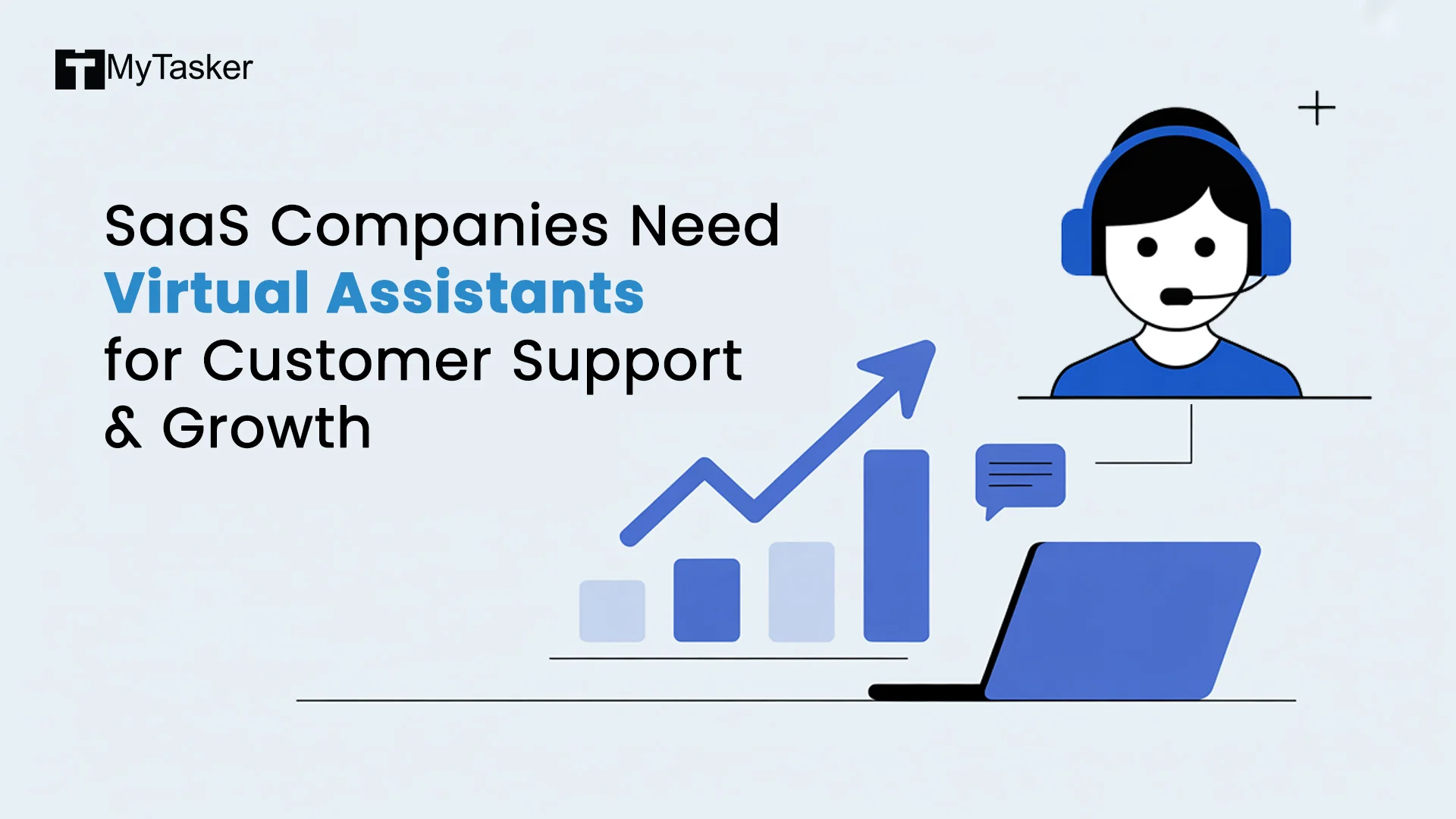Today, organizations have plenty of ways to manage their digital marketing, web designing, and other business processes. Two of these practices are insourcing and outsourcing. However, while deciding on which one to go for your business, you should weigh the advantages of outsourcing vs insourcing carefully.
That is because both of these practices differ from each other based on the ways in which work, tasks, or projects are allocated among various departments and companies.
Between these two practices, which one would be the best fit for your organization? Should you hire other agencies or freelancers that are not currently connected to your business? Or should you choose to insource and delegate tasks to your existing employees/hire new employees for the task?
This blog post explains what outsourcing and insourcing are, as well as some outsourcing vs insourcing advantages. Here is an overview of the factors affecting the benefits and risks of each of these business practices:
- Hiring process
- Security
- Costs
- Business communication
- Quality control
- Focus on core business operations
Let us explore!
What Is Outsourcing?
Outsourcing is the process of hiring a third-party or external service provider to complete a certain task or project for your business. It involves working with an outside organization that is separate from your organization’s operations.
You may want to outsource certain tasks because none of your company’s employees is trained in those tasks, or because you do not have the resources to create a separate department for accomplishing those functions.
Industries that often depend on outsourcing to complete crucial projects or tasks include travel, retail, healthcare, transport, and even government.
What Does Insourcing Mean?
Insourcing is the complete opposite of outsourcing, it is the process of delegating the responsibility of accomplishing your business operations to your own company’s employees.
Put simply, it is a business practice of assigning a project to a person or a department within your company, instead of handing it over to an outside company or person. It can sometimes require the creation of a new department or the recruitment of new talents.
Insourcing Vs Outsourcing: Pros and Cons
Both outsourcing and insourcing can affect various aspects of your business, including the costs, security, hiring processes, and communication procedures.
Let us take a close look at the pros and cons of outsourcing vs insourcing to understand where each practice scores and falls behind. To gain a clearer understanding, here are the areas affected by both of these business practices:
Hiring Process
Headhunting for a position in your company can be time-consuming, typically taking around three to four months. Even after you find the ideal candidate for the job role, it will take time to train them so that they understand the scope of your business activities.
If you choose to implement new processes for your business functions going forward, the new employees may get overwhelmed.
On the other hand, outsourcing is an easier way to work with specialists, since it involves a short-term engagement. When you outsource your tasks to another company, you will usually find them specializing in that particular task.
It is true that your internal team may also consist of some experts, but they may possess skill sets in various spheres of your business. Focusing on so many areas may prevent most of them from specializing in a specific task.
With outsourcing, though, you can generally get access to a better talent pool of specialists. For example, you may outsource an accounting task to virtual assistants specializing in bookkeeping.
Security
Whether your company is big or small, it may be prone to data breaches anytime. Even the biggest global businesses, such as Facebook (2019), Yahoo (2013), and Adobe (2013), have fallen prey to data breaches.
So, when entrusting your intellectual property and customer information to an outsourcing service provider, it is only natural to get concerned. Make sure you have the proper contracts in place that compels the outsourcing service provider to take the necessary security measures to safeguard your company data.
Thankfully, when you work with an in-house team, there is no risk of a leak in your intellectual property. This makes it easier to manage your intellectual property and company data.
Costs
One of the benefits of outsourcing is that in the long run, it can help you minimize your labor costs. The cost to your company for hiring in-house specialists at higher levels can get quite high.
Outsourcing lets you eliminate these costs for screening, onboarding, and training new employees. Also, it allows you to scale your business operations and resources as per your requirements, unlike insourcing.
Business Communication
Insourcing your team for a task or project means communicating via memos, emails, phone calls, or face-to-face nearly all day. In other words, there is little to no chance of miscommunication here, whether your internal team is working from home, from the office, or in a hybrid mode.
When you outsource work to another company, the communication with them throughout the project duration might not be as smooth as with an in-house team. You may not be able to speak to all the members of the outsourcing team working on your project at the same time.
Plus, outsourcing to farther countries may pose challenges due to differences in time zones.
Quality Control
It can be difficult to hand over quality control to an outsourced company.
Why?
This is because you will have to depend on the outsourcing provider to make sure they are carrying out your projects or tasks carefully. Also, when outsourcing your tasks to another company, you need to put in extra effort to build and maintain trust and cordial relations with them.
Meanwhile, insourcing your workforce lets you exercise complete control over your projects. So, it is possible for you to regulate and oversee the quality of the resultant product whenever you want.
Without an intermediary in the equation, you can tweak and test your projects as and when necessary.
Focus on Core Business Operations
You may choose to use outsourcing over insourcing when you want your employees to center their attention on core business functions. The more mundane, non-core, and less critical business operations can be covered by third-party service providers.
In this way, you can pave the way for enhancing the productivity and efficiency of your organization’s employees toward achieving the core business goals.
Summing Up
Now that you know the outsourcing vs insourcing advantages, it is time to decide which path you want to take. Needless to say, you should keep your business requirements in mind when making the decision.
If you want to have more control over your projects or do not want to share significant business information with external sources, insourcing would be the ideal way to go.
However, If you want to scale your business, cut your business expenses by hiring new employees, or reduce the workload of your in-house employees to avoid burnout, then outsourcing would be the better option.
In case you are looking for a company to which you can outsource your projects, get in touch with the experts at MyTasker. From digital marketing and administrative assistance to bookkeeping and content writing, there are different areas of work where their professionals specialize.
No matter what kind of work you decide to delegate to them, they provide the required deliverables on time, without sacrificing quality. Hence, outsourcing to these professionals can take your business to the next level.















